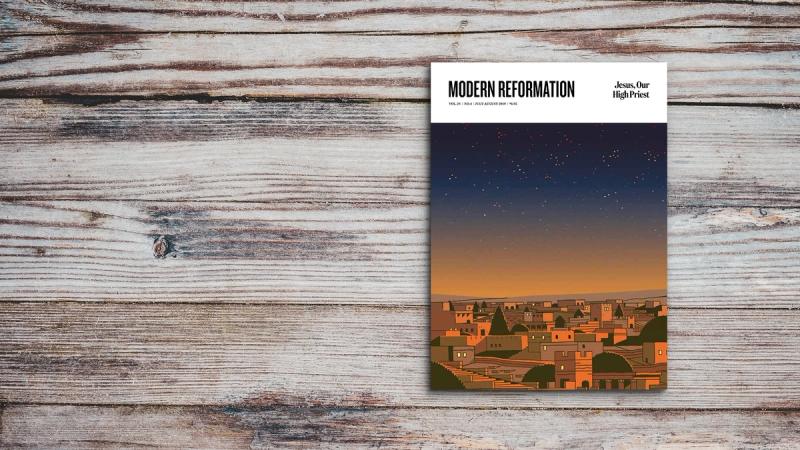What are the precursors to democratic decline? This is the question Steven Levitsky and Daniel Ziblatt set out to answer in this careful piece of historical scholarship and contemporary analysis. They cover approximately one hundred years in their survey of the death of democracies around the world. Their point is that democracies can be subverted and overthrown in a multitude of ways, the most obvious of which is the coup d’état as seen in Argentina, Brazil, the Dominican Republic, Ghana, Greece, Guatemala, Egypt, Nigeria, Pakistan, Peru, Thailand, Turkey, and Uruguay.
“But there is another way to break a democracy,” explain the authors, for there are powerful ways for leaders to “subvert the very process that brought them to power.” The authors flesh out their arguments by studying the rise of Benito Mussolini in Italy, Adolf Hitler in Germany, Hugo Chávez in Venezuela, Recep Tayyip Erdoğan in Turkey, and Alberto Fujimori in Peru. These chapters make for fascinating reading and certainly offer the most value to the reader. It is striking to see the way that the subversive overthrow of a democratic government can occur in a series of important steps.
So how does this subversive overthrow occur? First, the leaders of established parties fail to serve as effective gatekeepers. The authors argue that “parties have two imperatives: choosing a popular candidate and keeping out demagogues” (41). Second, the subversive candidate succeeds in rejecting many of the unwritten rules of the game and even pushing against the boundaries of the written rules without consequence. Third, the subversive candidate denies the legitimacy of their opponents. Fourth, a “fateful alliance” of the candidate and party insiders occurs. This accelerates the takeover of the party apparatus and, through electoral success, the takeover of the state apparatus. Fifth, violence is tolerated or encouraged against opponents in order to harden views of opponents as enemies. Sixth, civil liberties are curtailed in terms of movement and freedom of the press. Seventh, the courts are packed with justices who are partisan loyalists. Eighth, the constitutional restrictions for political leaders are erased or modified to tilt the field in favor of the insurgent candidate. These steps are all common features of the autopsy report that were issued in the past century when a democracy died by nonmilitaristic means.
Woven into the historical analysis are a series of chapters assessing the current state of affairs in the United States. The authors look at the Republican Party’s reaction to the candidacy of Donald Trump and the constitutional checks and balances brought into focus during his presidency. The book ends with a chapter titled “Saving Democracy,” which goes beyond historical analysis and contemporary analysis to offer policy and political responses.
Once I understood the book’s framework, I decided I would read the historical analysis portions (chapters 1–2 and 4–6) and the conclusion (chapter 9) before circling back to read their contemporary analysis of the Trump candidacy and presidency (chapters 3 and 7–8). I recommend this approach to other readers, as they will be able to pick up their insights into the historical parallels of our current situation. The authors, with sixty-five pages of endnotes to bolster their claims, offer a compelling explanation of how democracies can die without tanks in the streets and army generals suspending constitutional rights and assemblies. Having made their case in a clear and rigorous way, it is sobering to read their “take” on the signs of democratic dysfunction in the United States today.
Whatever your political views may be, it is worth reading a book like this within the context of a Christian understanding—that it is by God’s grace that rulers, nations, and empires rise, continue for a season, and fall into disarray. We may demand that our rights be respected, as Paul did when asserting the rights of a Roman citizen. We may plead for our leaders to choose wise, self-disciplined, and virtuous candidates for office. Through it all, we are to pray regularly for all who lead us—for the Lord can raise up a wise King Cyrus and bring low the prideful Nebuchadnezzar.
After all, we live in a time where our governments are better than we deserve them to be as sinners and are also worse than we hope them to be as those who know what righteousness, truth, and justice in action look like. Believers, then, have a powerful calling to live with grace and wisdom, as we engage in civil discourse with our allies and opponents. As 1 Peter 2:11–17 reminds us, we must do good. We may not excuse or accept incivility and the marginalization of others in these heated times. Our political engagement occurs for the good of our neighbor and the glorification of God through our honorable conduct.
Norman Van Eeden Petersman (MDiv) is the pastor of Vancouver Associate Reformed Presbyterian Church in Canada. He lives in Richmond, BC, with his wife and son.







